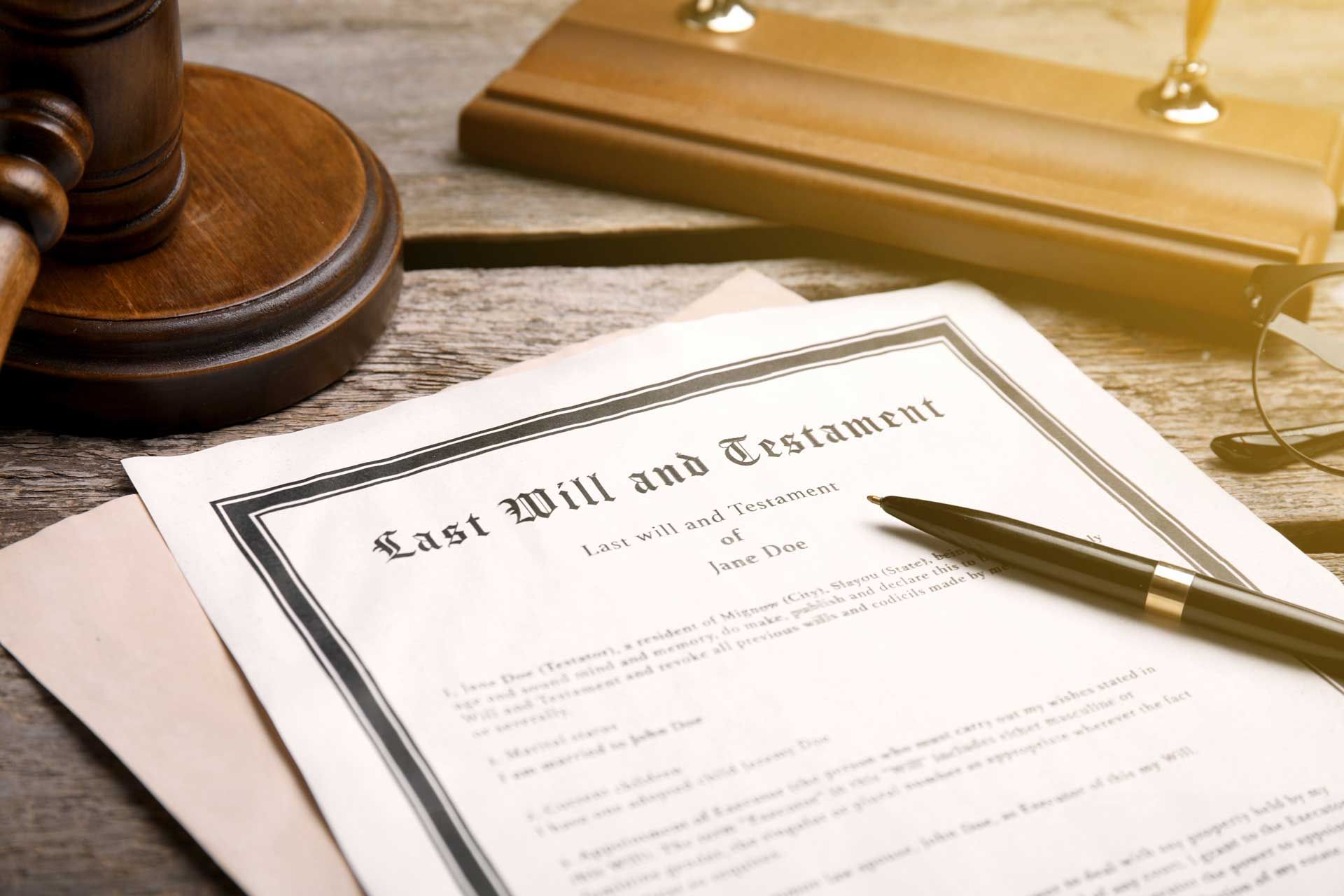










When your elderly loved ones reach the stage of needing daily assistance with their essential daily activities, many families look to hire in-home private help. While there are local agencies that will place caregivers in your home, many families want to hire private help and screen the caregivers on their own. Before making any offers to private caregivers for services, families need to be aware of the additional responsibilities involved in hiring a private caregiver.
Many families believe they can hire a private caregiver as an independent contractor and not be liable for payroll and employment taxes associated with having an employee. Pursuant to IRS regulations, an adult over eighteen (18) years of age who works in your private home and to whom you pay more than $2,300 per year creates payroll tax obligations for the hiring family. To be deemed an independent contractor, the family paying for services must demonstrate: (1) the worker performs services that the employer does not have the right to direct; (2) The worker maintains an independent business enterprise, including a workspace, outside the employer’s domain, with his/her own insurance; and (3) the services provided by the worker are outside the household’s usual course of business. With these exceptions in mind, most in-home caregivers who are paid directly by the family, or by a third party payment processor acting on behalf of the family, are employees, not independent contractors, therefore creating payroll tax obligations for the hiring family.
Hiring families have two options when it comes to handling employment and payroll taxes for hired in-home help. If the family is to handle the responsibilities itself, then the family will need to become an “employer”, which includes obtaining an Employer Identification Number from the IRS, registering with the Department of Finance and Administration, and remitting monthly wage withholdings to the state. Families can also hire a third party payment processor for these services, but this option will incur additional fees in addition to the compensation being paid to the caregiver. Lastly, families should consider obtaining Workers Compensation insurance or disability insurance in the event the caregiver is hurt while working for the family.
Another consideration to hiring a private caregiver is what responsibilities will they be required to perform and other associated conditions on their hiring. We strongly recommend outlining all agreed upon terms in a Caregivers Agreement. Will the caregiver only be responsible for cleaning the home and preparing food, or will the caregiver also be required to pick up medications from the pharmacy? Who will be responsible for getting additional help if the hired caregiver becomes sick? If these responsibilities are not outlined, there can be confusion and disagreement on the part of the hiring family and caregiver.
Hiring an in-home caregiver to assist with caring for loved ones comes with many obligations that most families are not aware of prior to hiring assistance. In general, families hiring an in-home caregiver with be classified as an employer, and will have payroll tax obligations that come with being an employer. Prior to hiring an in-home caregiver, I strongly recommend you consult with an elder law attorney to make sure you are following all applicable laws and mitigating unnecessary risks.
Wesley Harris is an associate attorney at Farrar & Williams, PLLC and can be contacted at (501) 525-4401 or emailed at wesley@farrarwilliams.com. Wesley can answer any questions you have about this subject.









